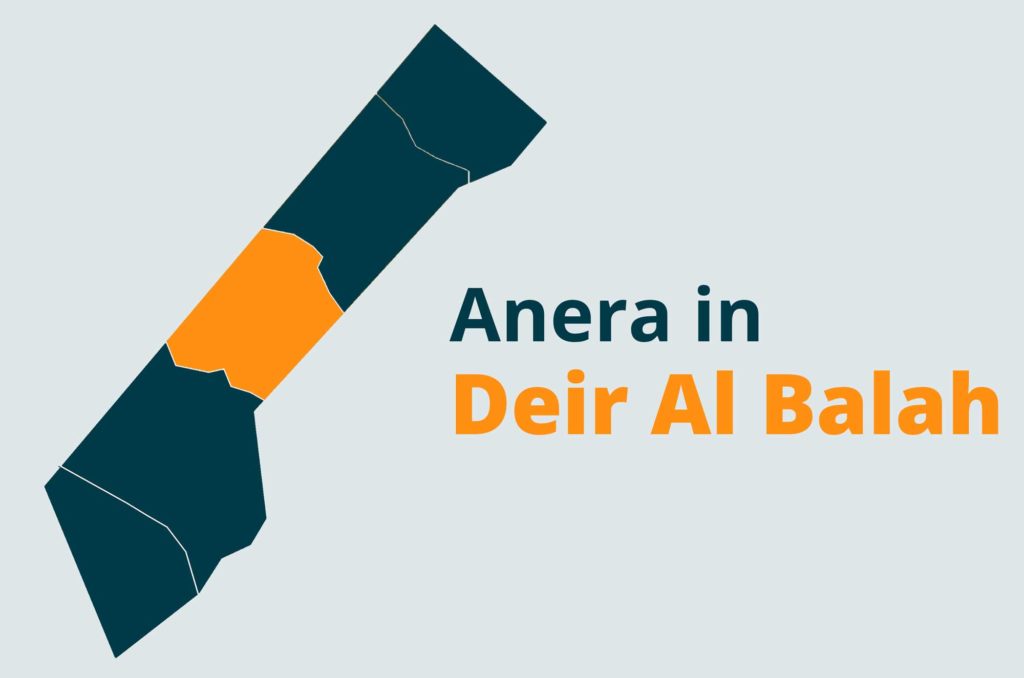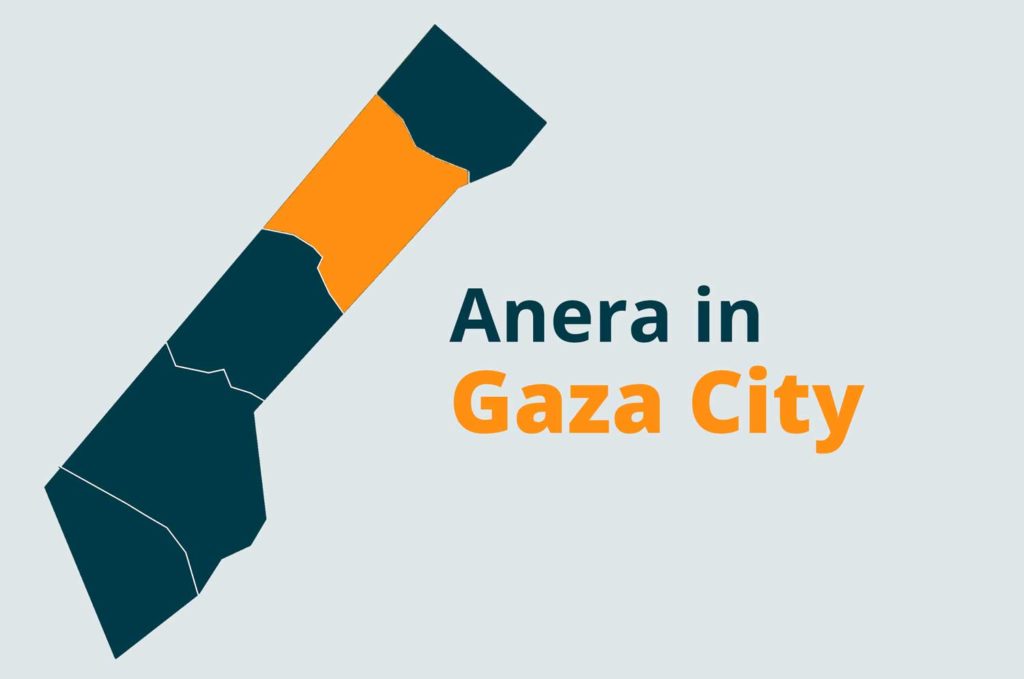Feb, 2016
“Without water it’s impossible to survive,” says Feryal Faraj, a mother of six living in Zarqa, Gaza.
But water in Gaza feels more like a luxury than a basic necessity.
Feryal’s life in Gaza has been difficulty: getting enough water to cook, clean and raise a family has always been a struggle. “Lack of water was a huge worry for all of us. We had to face long lines waiting for the water carriers to fill our tanks and if the water ran out before our turn, we were out of luck.”
Filling the tanks wasn’t free. Feryal had to put aside $8 from her limited budget to purchase water every five days.
She frequently sent her husband and sons to hunt for water. They would fill up jerry cans at a nearby mosque or a relative’s house. But it was barely enough for the family’s daily needs. “We also had to share with our thirsty chickens. They’re our livelihood.” she said.


“Lack of water was a huge worry for all of us. We had to face long lines waiting for the water carriers to fill our tanks and if the water ran out before our turn, we were out of luck.”
Feryal explained having a big family means she needs more water for food preparation and cleaning the house and bathrooms. “We have trained ourselves to handle power outages, but without water our hands are tied.”
If she was lucky, Feryal said the long-awaited city water might flow for two hours every four days. She always worried about her family’s health and hygiene. “The moment the water came, I did a massive house cleaning, no matter how late it got.” Still, Feryal and her neighbors worried about the quality of the water, which was a yellowish color as it flowed from the taps, indicating it might be contaminated with dirt or sewage. “When dirty dishes piled up, there was a terrible smell of decaying food around us.” The rusted and deteriorating pipes delivered water unsafe for drinking.
Water in Gaza “Makes Everything Possible”
Thanks to funding from Islamic Relief USA, Anera was able to bring a smile of joy to Feryal’s face after installing new networks with wider pipes to increase the flow of water to 600 homes. The team also fixed valves for all of Gaza City to reduce water loss. Now water is evenly distributed among neighborhoods.
The project included 25 public health education sessions on personal hygiene, water-borne diseases and best practices for household cleaning. More than 1,200 hygiene kits were delivered to participants.
Feryal says the water pressure is strong and it’s always available. And, she says the awareness sessions helped her and her neighbors learn ways to improve their family’s hygiene. It was “a promising introduction” to enjoying the blessings and taste of clean water.
Pointing to her five-year-old granddaughter, she said, “Leen had red spots all over her body. Now, they’re gone after soapy baths in clean water.” The sessions also have encouraged women to seek proper medical testing for their children at a free clinic nearby to check for parasites or scabies.
Feryal smiles. “Now everything is possible. I can give water to my chickens, keep my house clean and cook wonderful meals for my family. For the first time, I can invite my daughters and their families to come whenever I wish.”


“Now everything is possible. I can give water to my chickens, keep my house clean and cook wonderful meals for my family. For the first time, I can invite my daughters and their families to come whenever I wish.”




